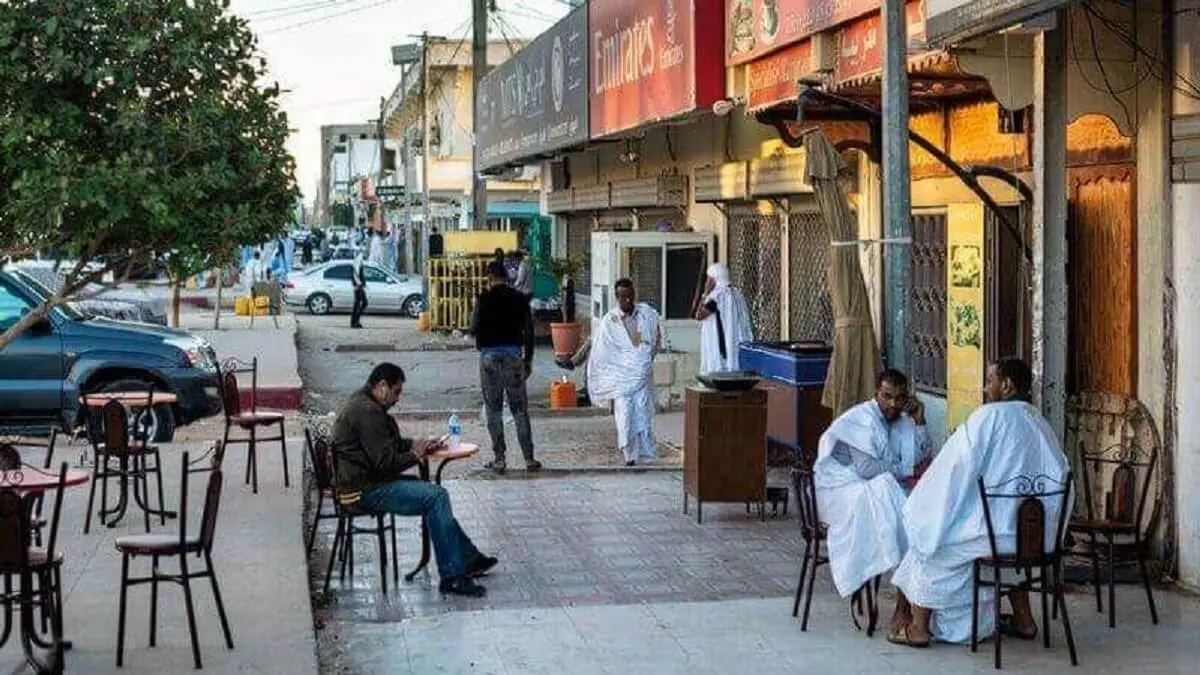Sahelian cities can unlock economic growth and address europe’s migration challenges

This strategy emphasises creating an environment where the private sector can thrive by removing barriers to investment, fostering competition, and enhancing market predictability. A robust business climate attracts both domestic and foreign investors, drives innovation, and supports entrepreneurship.
For the Sahel, where governance deficits, inadequate infrastructure, and bureaucratic inefficiencies hinder private sector growth, this approach is indispensable for job creation, economic diversification, and long-term prosperity.
Yet a critical nuance is often overlooked: businesses do not invest in countries—they invest in cities. This distinction is pivotal, exposing a gap between national infrastructure initiatives and the localised investments needed to unlock the potential of Sahelian cities.
Urban centers are the engines of economic growth. They are hubs where talent, resources, and infrastructure converge to lower costs, foster innovation, and attract investment. In the Sahel, cities like Nouakchott, Bamako, and Niamey are often overshadowed by national-scale projects and chronically underfunded.
These urban centers also face immense demographic challenges. Rapid population growth is straining already limited resources, infrastructure, and services, turning cities into hotspots of unemployment and instability. However, this demographic surge also presents an opportunity: with the right investments, cities can become catalysts for economic transformation.
Policymakers in the Sahel must embrace a geoeconomic perspective, positioning urban development as a solution to regional and global challenges, especially migration. Cities can serve as strategic nodes within the global economic and security landscape, stabilizing populations and creating economic opportunities.
This approach aligns closely with European priorities, offering a strong case for partnerships and financial support aimed at enhancing Sahelian cities' economic potential.
For Europe, urban investment represents a pragmatic response to migration concerns. European financial resources directed toward urban initiatives—such as affordable housing, skill-building programs, and transportation systems—could reduce migration pressures while fostering economic stability.
By focusing on cities, where migration decisions are often made, Europe and the Sahel can create a mutually beneficial partnership: Europe addresses its migration challenges, and the Sahel unlocks the economic promise of its cities.
Aligning national policies with urban realities is essential, as the stakes could not be higher. Rapid urbanization in the Sahel is driving unprecedented demand for housing, jobs, and services.
Addressing these urban needs requires a strategic approach that channels resources to where they can have the greatest impact. Failure to act risks perpetuating cycles of poverty, instability, and migration. Conversely, recognizing the strategic importance of cities offers an opportunity to redefine the region’s economic future.
The way forward is clear: focus on cities as key drivers of growth while aligning national strategies with local needs. This approach follows global best practices, offering a practical roadmap to attract investment, foster innovation, and improve lives.
For the Sahel, improving the business climate isn’t just about national reforms—it’s about unlocking the transformative potential of its cities.
Mohamed Filali. Global Economy Expert. Founder and managing director of Jurisfiscal
Article published in BBN Times

